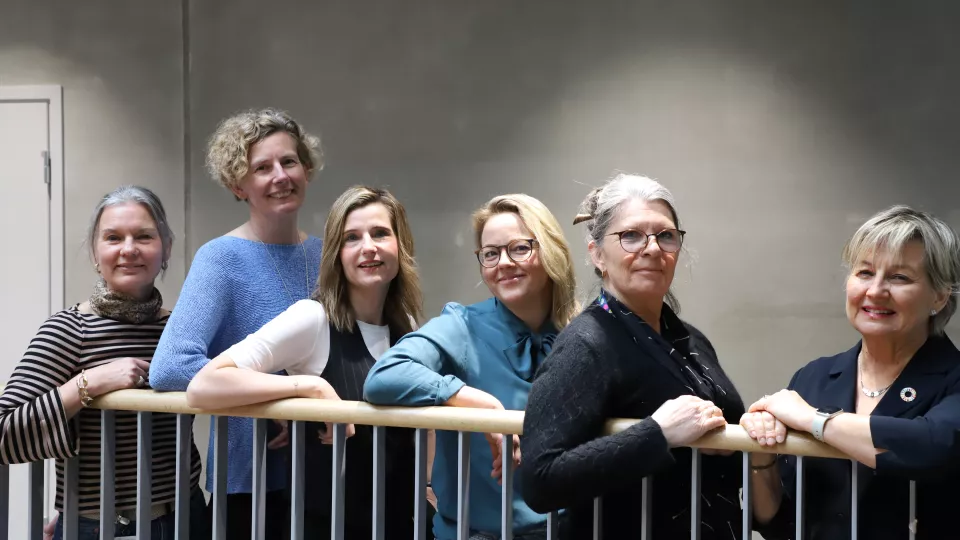The importance of strengthening sexual and reproductive health and rights is addressed in several of the global sustainability goals in Agenda 2030.
"But globally speaking these rights are in reach for just a few. Right now, there is also a huge shift in abortion legislation around the world, which in most cases significantly restricts women's right to abortion and reproductive health", Maria Ekstrand Ragnar says, University Lecturer and certified midwife.
Vital Climate Solution
On May 5th, International Day of the Midwife takes place worldwide. This year's theme is "Midwives: A Vital Climate Solution."
"Climate change affects everyone, but women and children are hit the hardest", Maria Ekelin says, Associate Professor and Program Director.
The work of midwives can contribute to increased health by shaping sustainable healthcare models.
"Continuity of midwifery care throughout pregnancy, childbirth and postpartum reduces, for instance, the risk of cesarean sections, which have a high carbon footprint", Maria Ekelin says.
Sustainable with breastfeeding
Also, access to support during breastfeeding can be seen from a sustainability perspective.
"A positive breastfeeding experience leads to improved health and well-being for both the mother as well as the child, in both short and long term".
Reduced emissions
Additionally, consumption of items such as packaging and baby bottles is reduced. Breastfeeding, instead of using formula, is estimated to reduce emissions by between 95-153 kilograms of carbon dioxide per child.
"In the midwifery program we work towards future midwives providing evidence-based care and eventually contributing to sustainable development and the implementation of Agenda 2030", Maria Ekelin says.


